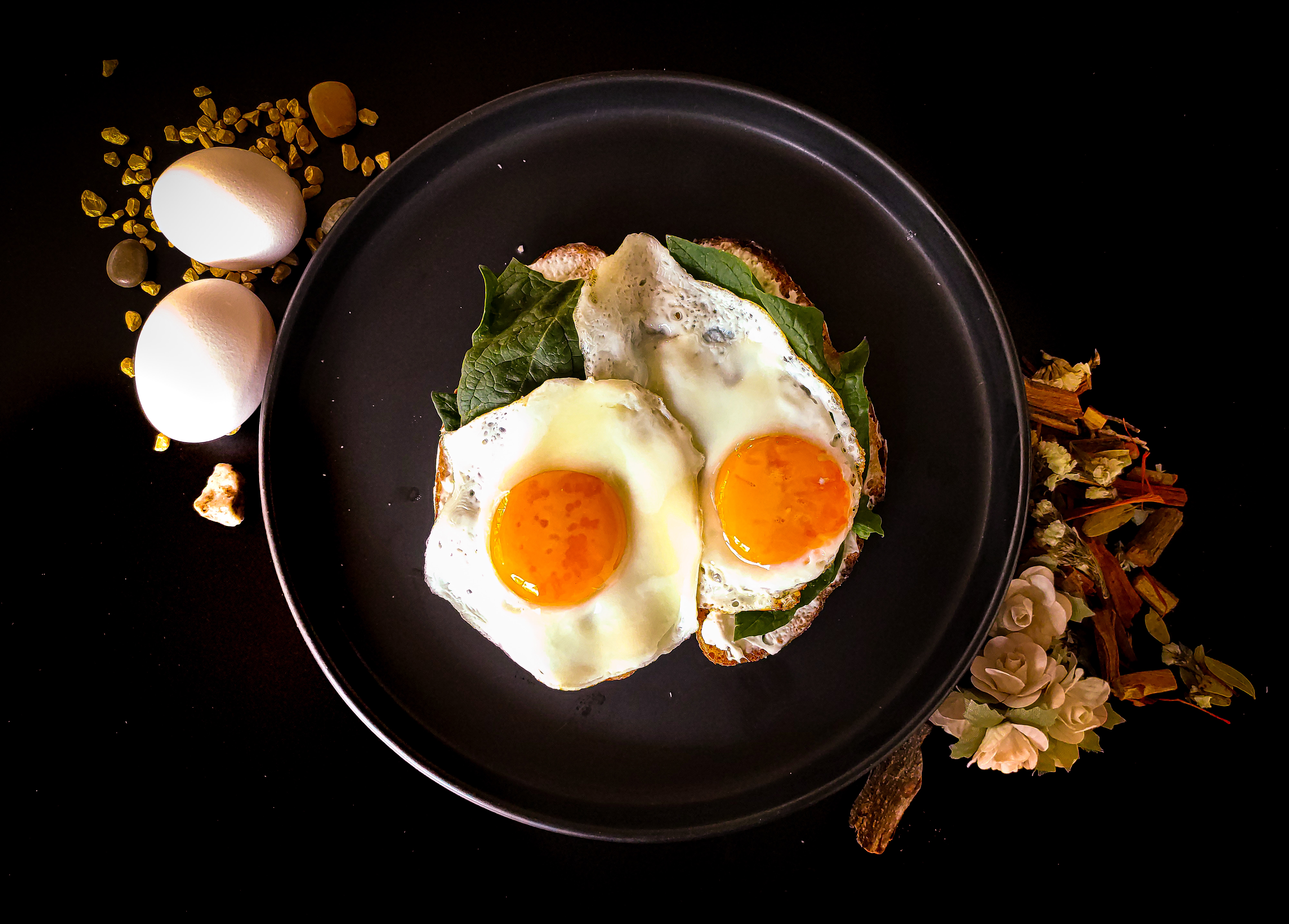Protein and the Endurance Athlete: Part Two
The practical application for triathletes and endurance athletes of meeting your protein needs through your diet.

This is a two-part protein series. This article will provide the practical application of meeting your protein needs through your diet, please refer back to part one to read about the theoretical framework why protein is important for athletes.
For the average American adult, they typically get enough protein in their diet. But for endurance athletes who have much higher needs, it takes more thought and planning to fit it into your day.
It Starts with Breakfast
Metabolically, after fasting for eight to 10 hours (or more) while sleeping, protein at breakfast kick-starts the repair and recovery processes within the body and helps regulate hunger for the rest of the day. For those that exercise in the morning, breakfast works beautifully as a post-workout recovery meal with foods like protein pancakes, eggs or Greek yogurt.
Ideally, you’d want to aim for 25-35 grams of protein at breakfast. Skipping that morning meal makes it really tough to catch up on protein the rest of the day.
Simple Swaps and Additions to Meals
If you’re coming up short on protein at meals, here are few simple changes to give your protein intake a boost:
- Use a high-protein milk in your latte or oatmeal. Fairlife or Chobani ultra-filtered milk can add 13-20 g of protein per cup.
- Add beans to anything: your morning eggs, lunch soups and salads and pasta and rice dishes at dinner.
- Quinoa! While you can use it on its own as a side dish, just like with beans, you can add it to anything.
Sneak it in Through Snacks
A snack is another opportunity to get the nutrition you need for the day, plus helps hold off hunger until you’re ready to have your next meal. Snack like a pro by striving for 10-15 grams of protein.
Keep snacks on hand. In your car, at your work desk or in your purse or backpack. Even a high-protein snack in the evening before bed can help supply your muscles with the needed nutrition to rebuild and repair while you’re asleep.
Here are some quick and easy snack-able protein-rich foods:
- Roasted edamame or chickpeas
- Hard-boiled eggs
- Cottage cheese
- Beef jerky
- Trail mix with nuts and seeds
- Cheese stick
- Your favorite protein bar
Protein Supplement
Protein powders are all the rage, and they’re great for endurance athletes when it’s tough to meet your needs through food. When selecting a supplement, look for third-party testing on the product you choose, such as NSF Certified for Sport or Informed Choice for Sport to ensure quality and safety.
Whey is the most popular protein powder on the market due to the body’s high ability to absorb and use it. Whey protein isolate is the purest form and has very little lactose.
Plant-based protein powders are vegan-friendly and the common sources include soy, pea, brown rice and hemp. You may often see blends of plant-based sources to provide more variety of amino acids.
. . .
Alex Larson, MS, RDN, LD is a registered dietitian and age-group triathlete and runner. She works virtually with endurance athletes to improve performance and body composition through a flexible eating style. Alex lives near Duluth, Minnesota with her husband, two young boys and golden retrievers. You can find Alex at alexlarsonnutrition.com and on social channels @alexlarsonnutrition.

